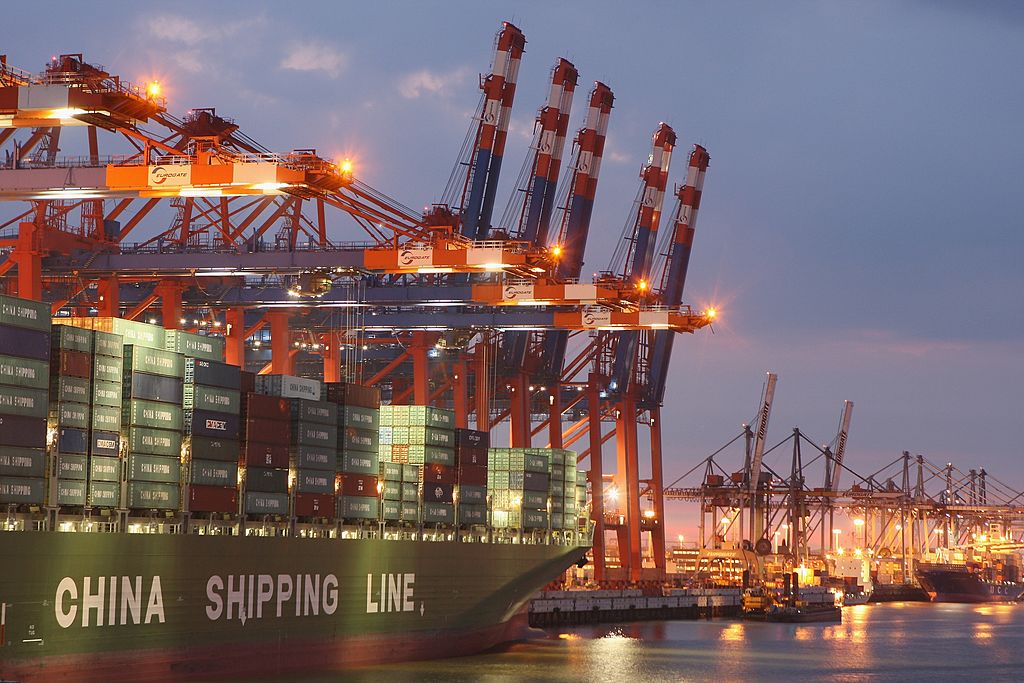China announced on Monday that it will impose new export restrictions on two materials vital to the production of semiconductors and other electronic components, further intensifying the technology trade dispute with the United States.
Starting from August 1, exporters will be required to obtain a permit to ship gallium and germanium, as well as related chemical compounds, out of China, according to the Ministry of Commerce and the General Administration of Customs.
Gallium is an essential component in compound semiconductors, which play a critical role in electronic devices by minimizing power loss.
Gallium nitride, in particular, is used in lasers and various other applications, and it is expected to see increased usage in power semiconductors for electric vehicles.
In fact, Japan’s Nidec and Renesas Electronics are currently exploring the use of gallium nitride substrates for an electric vehicle component they are jointly developing.
Read Also: Putin’s First Summit Since Wagner Insurrection Includes Talks with China and India Leaders
China’s Dominance in Gallium Production Sparks Concern

China currently produces 98% of the world’s gallium, as reported by the US Geological Survey, which underscores its dominance in the global supply chain for this crucial material.
The decision to curb gallium supplies aligns with China’s export control law, which was implemented in late 2020.
This law allows Chinese authorities to invoke national security reasons and prohibit the shipment of controlled items to specific overseas companies.
In the past, Chinese authorities have utilized this law to impose export restrictions on encryption technology and semiconductors used in data leak prevention.
The new export restrictions on gallium come in response to export curbs imposed by the US and other countries on China.
The United States is currently contemplating tighter trade restrictions on semiconductors destined for China, particularly those used in artificial intelligence applications.
Manufacturers who depend on gallium or similar products imported from China may experience serious consequences if these export restrictions go into effect.
The lack of suitable substitutes may increase costs and prevent the widespread use of advanced technologies that rely on these materials.
Export bans and trade restrictions are being used as weapons in this high-stakes economic conflict between China and the United States, which is reshaping the global semiconductor sector.
These policies clearly present problems to firms and have broad ramifications for technological advancement and supply chain dynamics, albeit their long-term repercussions are still unknown.
Read Also: UN Summit: Harnessing the Power and Potential of AI for Global Progress
Source: Nikkie Asia, Digitime Asia
